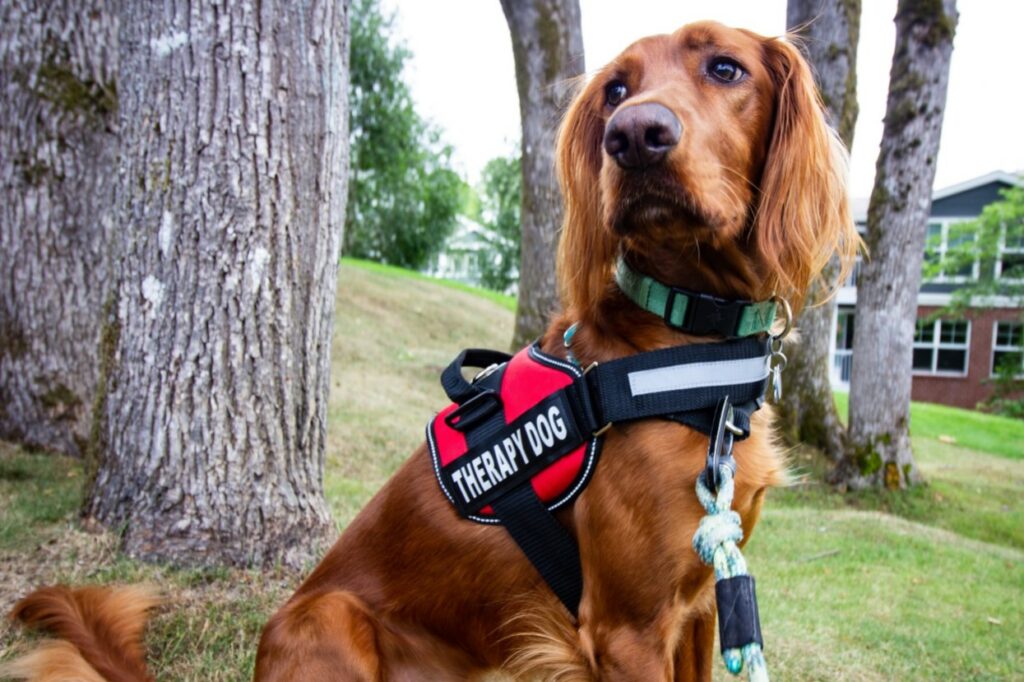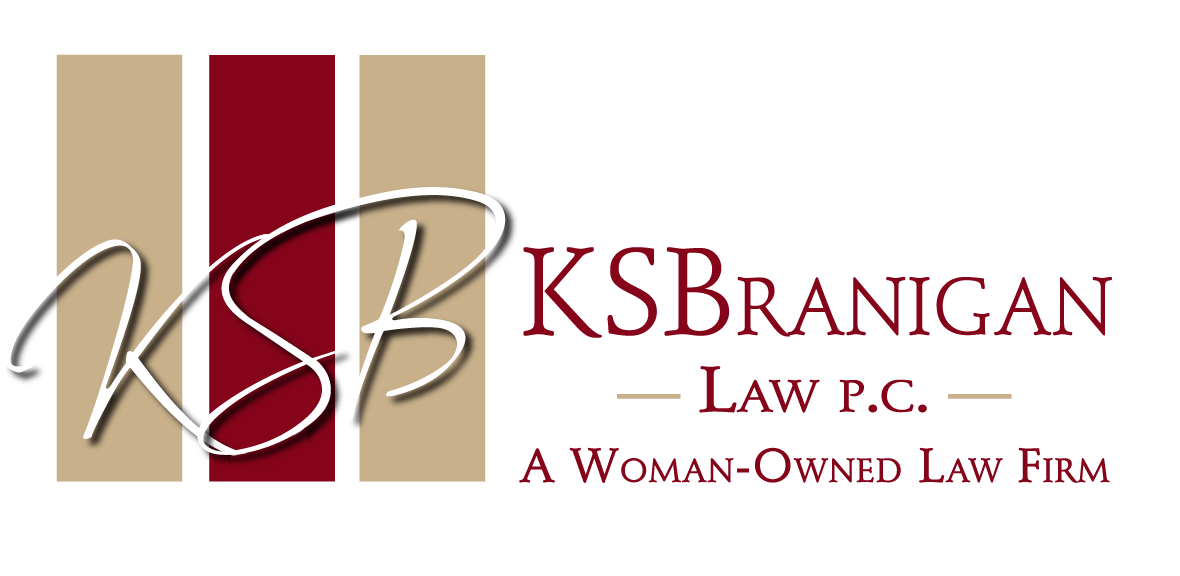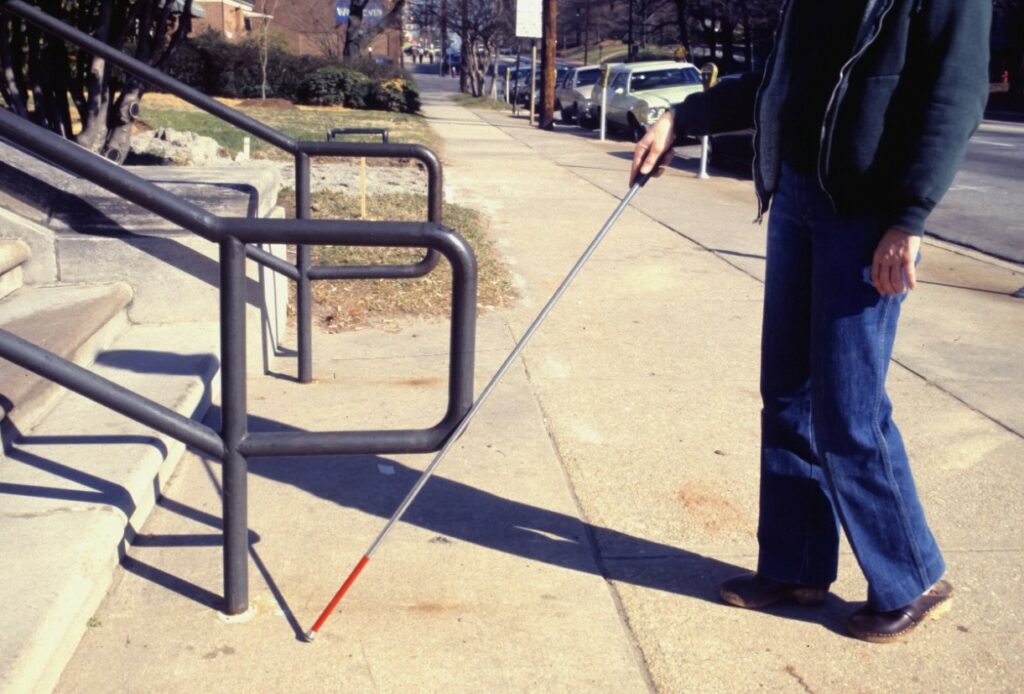Service & Assistance Animal Law
Federal and State laws are in place to ensure that individuals with disabilities who are aided by service animals are not subject to discrimination. The Americans with Disabilities Act (ADA), the New Jersey Law Against Discrimination (NJ LAD), the New Jersey Fair Housing Act (FHA), and privacy laws apply to individuals with service animals. Some laws also provide protections to individuals with assistance animals. The anti-discrimination laws have different definitions for service animals and assistance animals, provide protections only to certain types of animals, and are applicable based on the nature of service or assistance the animal provides. There is a distinction under the law between specifically trained service animals, service animals-in-training, emotional support animals, and therapy animals. KSB Law can aid businesses and individuals to understand the legal rights and protections for individuals with service animals and assistance animals.

WORKPLACE ACCESS/REASONABLE ACCOMMODATIONS
KSB Law can provide advice and counseling to employers in navigating requests for reasonable accommodations by employees with service or assistance animals. We also represent employees in their efforts to resolve disputes with their employers over access to the workplace with the aid of service and assistance animals and other issues.
The interactive process an employer undergoes when faced with reasonable accommodation requests for service or assistance animals is addressed on a case-by-case basis. During that process, the needs of the service or assistance animal must be taken into consideration as well as the needs of the employee and the employer’s potential undue hardship.
SCHOOL ACCESS/REASONABLE ACCOMMODATIONS
Schools may be faced with employees or students who seek to bring service or assistance animals to school. These requests pose unique challenges for the school environment. KSB Law can assist in the interactive process, either on the part of the school evaluating the requests or on behalf of the employee or student who is requesting the reasonable accommodation. KSB Law can also provide Training on appropriate ways for employees and students to interact with individuals with service or assistance animals.
PUBLIC ACCESS
Businesses that service the public must also educate their employees about the appropriate treatment of customers with service or assistance animals. Businesses, schools, and non-profit organizations that generally serve the public, and places of public accommodation (such as retail establishments) must allow service animals to go wherever other members of the public are allowed to go and cannot discriminate against them or treat them differently, even if health codes might prohibit animals. Under the ADA, places of public access can only ask specific, limited questions of an individual with a service animal before granting access. Engaging in an improper query or improperly denying access can subject a business to liability. Some protections are also afforded to individuals with assistance animals. KSB Law can provide Training on appropriate ways for employees to treat individuals with service animals and assistance animals.
HOUSING ACCESS
Businesses that provide housing (such as housing community associations, property management companies, rental and leasing companies, landlords, and real estate agencies) need to be aware of the rights of individuals with service and assistance animals, which can extend even to properly certified emotional support animals under certain laws. The ADA, FHA, and NJ LAD contain different legal standards and prohibitions regarding discrimination in housing and the restriction of access to individuals with service and/or assistance animals. Housing and Urban Development regulations also apply. The laws establish the type of inquiry and documentation a housing provider can or cannot require. Reasonable accommodations may also be required, such as a relaxation of the rules, policies, and services. KSB Law can provide Training to housing providers and their employees to help them understand the basic requirements regarding service and assistance animals in an effort to avert legal pitfalls.

RELATED NEWS & PUBLICATIONS

- Aug 11, 2023

- Nov 20, 2022

- Jan 31, 2022



